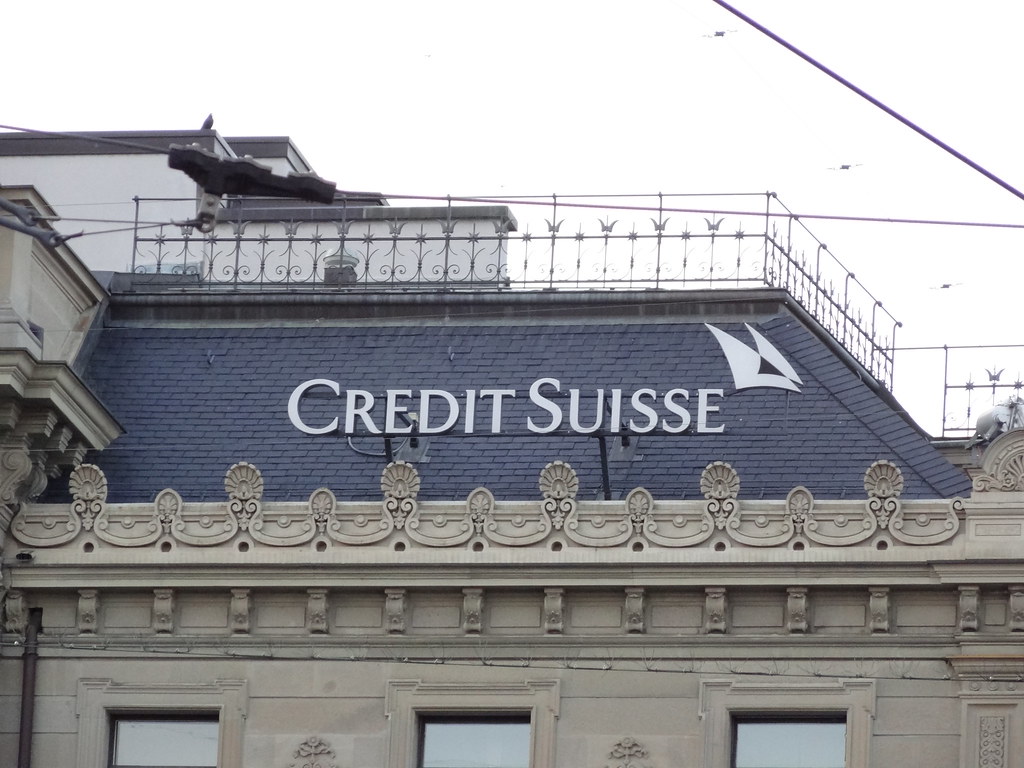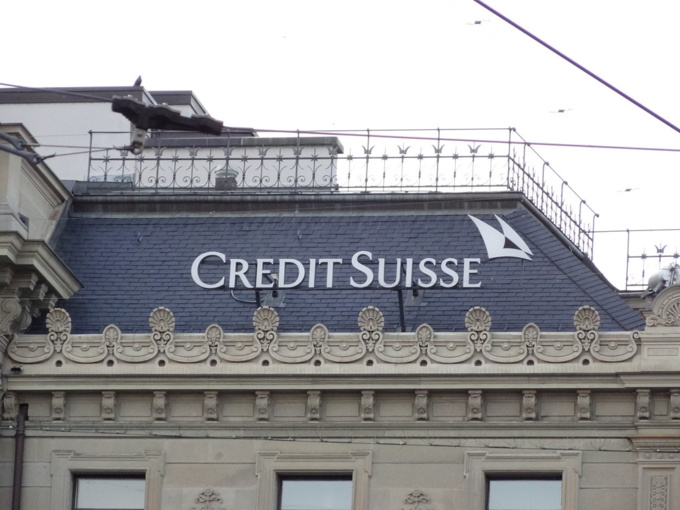In March 2021, Greensill Capital, a British fintech business, filed for bankruptcy. The business had been offering short-term advance loans to fund the supply chains of its clients. Credit Suisse funds, which contributed $10 billion for these operations, were primarily used to fund them.
One of Greensill Capital's clients, Katerra, a US construction business with a Japanese holding company as its largest stakeholder, was the subject of the case filed against Softbank. However, Katerra had successfully restructured its debt before Greensill's crash. According to Credit Suisse, Softbank orchestrated the restructure knowing full well that Greensill, which was already in free fall, would not be able to pay its $440 million loan to Credit Suisse. Softbank allegedly did this to extract its own money from the construction company.
"After more than two years of trying to shift the blame for its own subpar investment decisions onto someone else, Credit Suisse has finally filed suit, but, as expected, it is completely unbased," Softbank said in response to Credit Suisse's accusations.
source: bloomberg.com
One of Greensill Capital's clients, Katerra, a US construction business with a Japanese holding company as its largest stakeholder, was the subject of the case filed against Softbank. However, Katerra had successfully restructured its debt before Greensill's crash. According to Credit Suisse, Softbank orchestrated the restructure knowing full well that Greensill, which was already in free fall, would not be able to pay its $440 million loan to Credit Suisse. Softbank allegedly did this to extract its own money from the construction company.
"After more than two years of trying to shift the blame for its own subpar investment decisions onto someone else, Credit Suisse has finally filed suit, but, as expected, it is completely unbased," Softbank said in response to Credit Suisse's accusations.
source: bloomberg.com



















